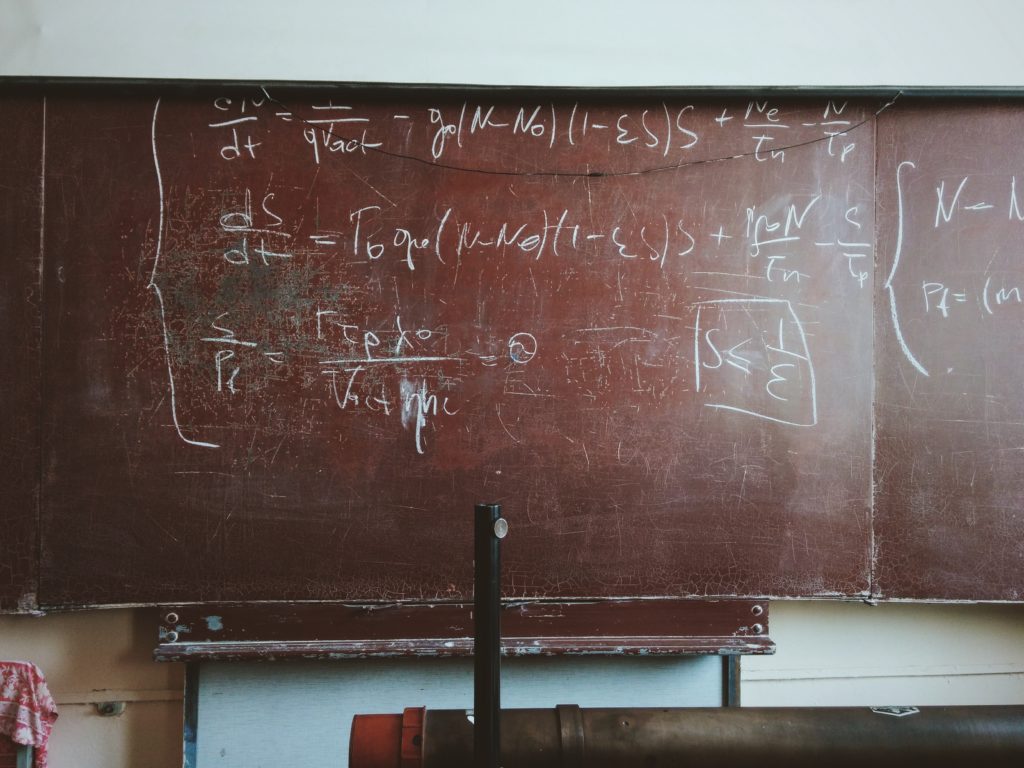Maybe you saw the recent New York Times op-ed on the importance of making our daughters practice math. I believed it before I read it. And, like the author, I believe it matters for boys, too.
What I really believe is there’s an even deeper problem: our elementary schools don’t teach math very well. You can read a thorough and well-known critique of the way we teach math in A Mathematician’s Lament, by Paul Lockhart. A key piece of his argument is that kids don’t actually do math–i.e. observe patterns and solve problems. They learn lots of skills–if they’re lucky–but don’t really apply them. He offers the analogy of learning about music rather than learning to make music.
Common Core is supposed to change this, but I’m not convinced it does without a lot of support for teachers to change how they teach.
Here’s my favorite quote from Lockhart: “If I had to design a mechanism for the express purpose of destroying a child’s natural curiosity and love of pattern-making, I couldn’t possibly do as good a job as is currently being done— I simply wouldn’t have the imagination to come up with the kind of senseless, soul- crushing ideas that constitute contemporary mathematics education.”
I am watching this right now with my own daughter, and it frustrates and terrifies me. My kiddo went to Montessori preschool and scored in the low 90th percentiles in math on the CPS test for classical schools. She’s now about to start fourth-grade. We just checked in about summer slide using an online quiz. She freaked out at the sight of a division symbol, and appears to have forgotten what she once knew about fractions. Her math test scores at the end of last year were in the high 60th percentiles.
That’s not her. That’s instruction.
And I feel guilty and like I was asleep at the wheel. But I’m not the one to be doing that daily practice with her. We already know this from flute lessons. I’m a demanding perfectionist and I undermine her confidence. We’re working on this, but for now it’s really a bad idea for me to be in charge of flute practice or math practice.
So I’m looking elsewhere. Here’s the reality: places like Kumon and Mathnasium cost a fortune. My wealthier friends who have looked into both tell me Mathnasium is better–more problem solving and one-on-one support. (As I noted earlier, practice matters, and everyone has to find their own line between practice to mastery and overkill. My sources suggest Kumon might be on the wrong side of that line for where my kid and I are at the moment.)
Finding an affordable, convenient place for help has been a challenge. Through another mom at my daughter’s school I heard about Maestri Tutoring in Pilsen. We’re trying them out with a week of their summer camp. My kiddo has learned about binary code, made a model of the Andromeda galaxy and made herself a birthday card with a circuit that lights the candle on the cake. We’ll be giving them a try for math tutoring starting next week. Fingers crossed!
At the same time, we are both urging our school to do better with math teaching. This week school administrators invited parents on the Bilingual Advisory Council to write letters of advice to our new teachers. My daughter was blunt: “Improve math teaching.” I read her letter and said I thought her advice was really for administrators. The person in charge of teaching and learning said, “Tell her we’re working on that this year.” I’m glad. And I’ll be watching carefully. And neither my daughter nor I will be waiting any longer for them to step up.
Maureen Kelleher
Latest posts by Maureen Kelleher (see all)
- CPS Parents Wanted for Research Study - March 27, 2023
- Tomorrow: Cure Violence with #Belonging - August 17, 2022
- Still Looking for Summer Camp? - June 13, 2022
